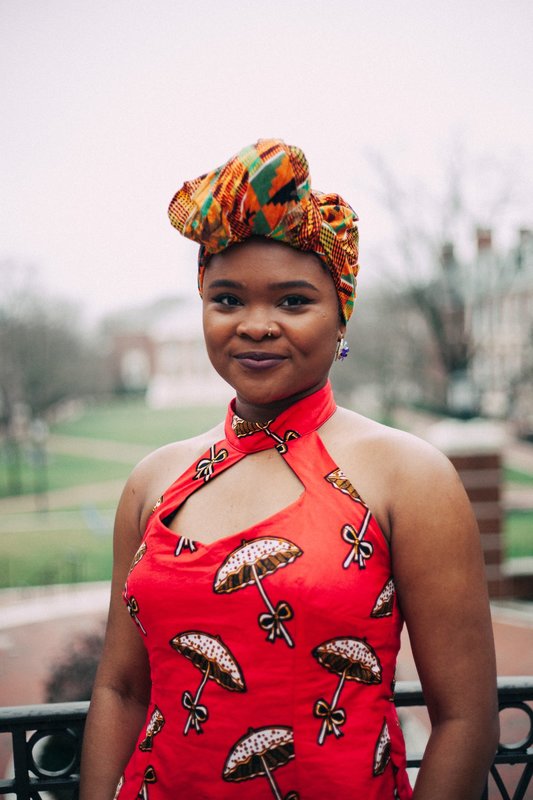Colette Aroh
Have you ever encountered a certain stigma attached to you as an immigrant?
“Hundreds. So growing up, I was at predominantly white institutions, but I was also one of the few black people - we were mostly African. So, a lot of the stereotypes and stigmas I encountered at that time were attached to the fact that I’m Nigerian. And so there are statements like, ‘Did you ride an elephant to school? Your parents have weird food. I called your house and I can’t understand your parents.’ Things like that came up a lot and I associate being different with being Nigerian. Then coming to college and actually meeting other black students from different backgrounds like the Caribbean or other black Americans, there are some core experiences that we shared and that kind of crosses any culture. Like people touching our hair or having ignorant questions and certain stereotypes about black people in general. That would come up too.”
Are there any common misconceptions that people have of you because of your status as an immigrant?
“Yeah, especially the immigration conversation now and being in college and being armed with the first-hand knowledge of how long it took for us to get here. I know it took 15 years to get my grandma here. I’m very aware that the immigration system is very broken. I’ve also encountered other immigrants who had even worse immigration stories and I’ve met refugees - that’s a whole different story about how to receive sanctuary in a country. It frustrates me. I’m actually in an immigration class now and so much of what we talk about in that class is just a lack of knowledge and the ignorance people have. Ignorance itself isn’t bad because it’s just the lack of knowledge, but it’s what we do with that ignorance - whether you speak out of ignorance or you prefer not to gain the knowledge that will take you out of ignorance.”
